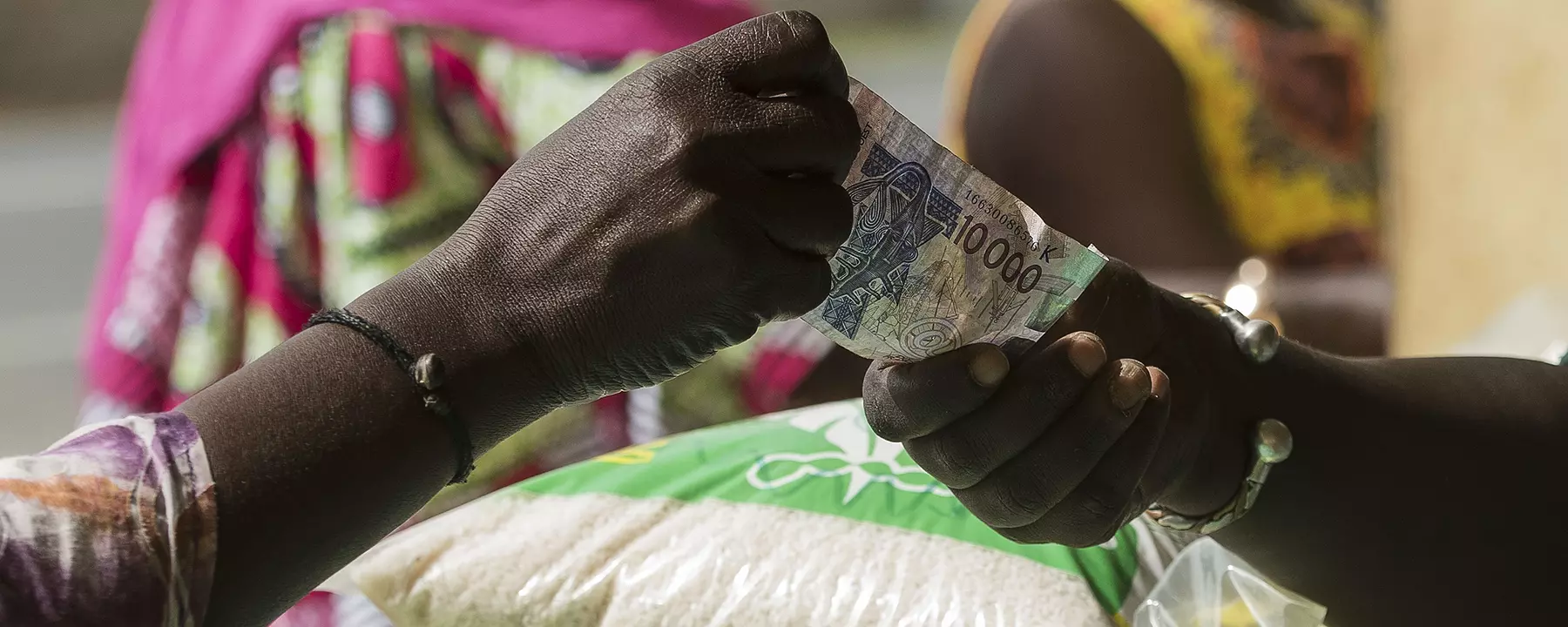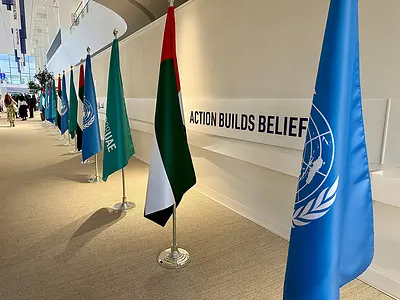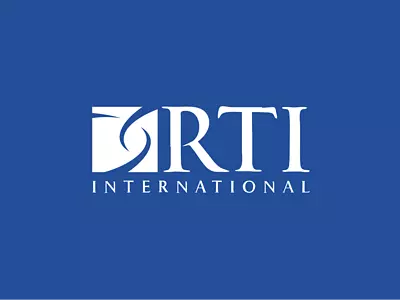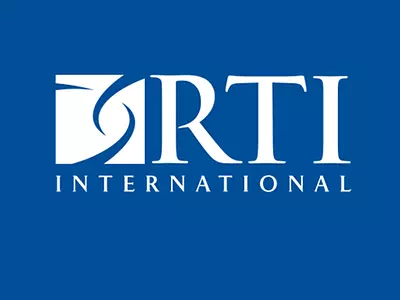Mobilizing climate finance to reduce global emissions and advance climate resilience
Climate finance is funding that supports mitigation and adaptation actions to address the climate crisis. Climate finance can flow from a variety of sources, such as public, private, or alternative sources of financing, and take many forms, from multilateral climate funds, national spending, and traditional development aid to innovative instruments like debt swaps and carbon markets, among others.
Our Approach
To scale up and mobilize climate finance, RTI leverages its expertise in finance, regulation, energy, agriculture, WASH, environmental systems, economics, carbon markets, environmental science and engineering, data science, and innovation.
Our team identifies priority, science-based climate mitigation and adaptation actions and builds the business and economic case for investment by quantifying the direct and indirect costs and benefits. We engage with the public and private sector to scale up mitigation and adaptation measures, including climate-smart agriculture, nature-based solutions, urban development, waste management, and on-and-off-grid energy. We also strengthen the enabling environment for investment and convene participants to catalyze financial commitments and bring solutions to market. Our approach emphasizes locally led development, community engagement, and measures that benefit marginalized and underrepresented groups as critical agents of change.
What We Do
We have leveraged over $11 billion dollars to meet climate and environmental objectives by:
- Conducting market assessments and identifying financing needs
- Developing economic tools, like RTI WaterFALL(R), HydroBID, and EcoShift, and financial analyses to make the business, financial, and economic cases for investment in climate action
- Supporting businesses with sustainability planning, climate risk assessment, and corporate GHG accounting to determine priority areas for investment
- Assessing the potential climate impacts of supply chains, business operations, and land use to identify opportunities to reduce GHG emissions and increase resilience
- Providing project preparation assistance to design bankable projects and support access to finance and investor matchmaking
- Designing blended finance structures to de-risk and mobilize private sector investment
- Convening a diverse range of stakeholders to help align investment needs with public policy priorities, facilitate collaboration, and develop and finance high-impact climate projects
- Supporting local entities to access climate finance from multilaterals through project design and funding proposal development
- Engaging with the Green Climate Fund as an accredited observer.
Financing Climate Action Worldwide
Competitive Procurement for Renewable Energy
Renewable energy plays a vital role in the fight against climate change. Significant new renewable energy power generation capacity results from well-designed and implemented auction processes based on clear policy frameworks and “bankable” legal and commercial terms. In countries such as the Philippines, we tailor the design of auctions to support competitive procurement within the unique political context of the country’s power sector. We design and procure e-procurement platforms with integrated tools for managing energy planning data, running auctions, and monitoring results. We also work to expand private investment and enhance domestic and international finance in the clean energy and transport sectors across South Asia, Latin America, and sub-Saharan Africa.
Strengthening Climate Adaptation Activities
Leveraging finance for climate adaptation strategies can create long-lasting impacts on the environment and for communities and farmers who depend on it. Through the Feed the Future Mali Sene Yiriwa Activity and the Feed the Future Senegal Dooleel Mbay Activity, we work with farmer cooperatives to facilitate their members’ access to finance, enabling them, for example, to purchase drought-tolerant seeds, access irrigation, and utilize weather-indexed crop insurance.
Building the Capacity of Renewable Energy Companies
Hundreds of renewable energy companies have improved their business strategies, increased sales, and secured new financing because of RTI's CEO coaching, pitch deck support, financial modeling, legal services, and gender action plan development. Beyond individualized support, we actively draw new investors to the sector, promote gender lens investing, and broker partnerships with high-value deals. Through the USAID-funded Power Africa Off-grid Project’s Catalyzing Off-grid Investment Fund, we supported renewable energy companies with finance and technical advice to reach underserved markets and introduce new products, such as pay-as-you-go (PAYGO) financing, liquefied petroleum gas cookstoves, and healthcare facility electrification solutions.
Mitigating Methane from Livestock
RTI works with smallholder dairy farmers to improve their feeding and management practices, such as facilitating blended finance that enabled farmers to switch to more digestible feeds that increase milk productivity while also reducing methane intensity. Through the USAID Kenya Crops and Dairy Market Systems Activity, RTI supported blended finance activities that improved milk yields by 48% while reducing the methane intensity of milk by 28%. RTI is using a similar approach to help dairy processors to provide embedded feed and herd health services that will reduce methane emissions through a USAID-funded program in Ethiopia.
Sign-up for our Climate Newsletter to stay up-to-date on our latest insights.
Related Projects
Accelerating South Asia’s Transition to Clean Energy
Read More about Accelerating South Asia’s Transition to Clean Energy













